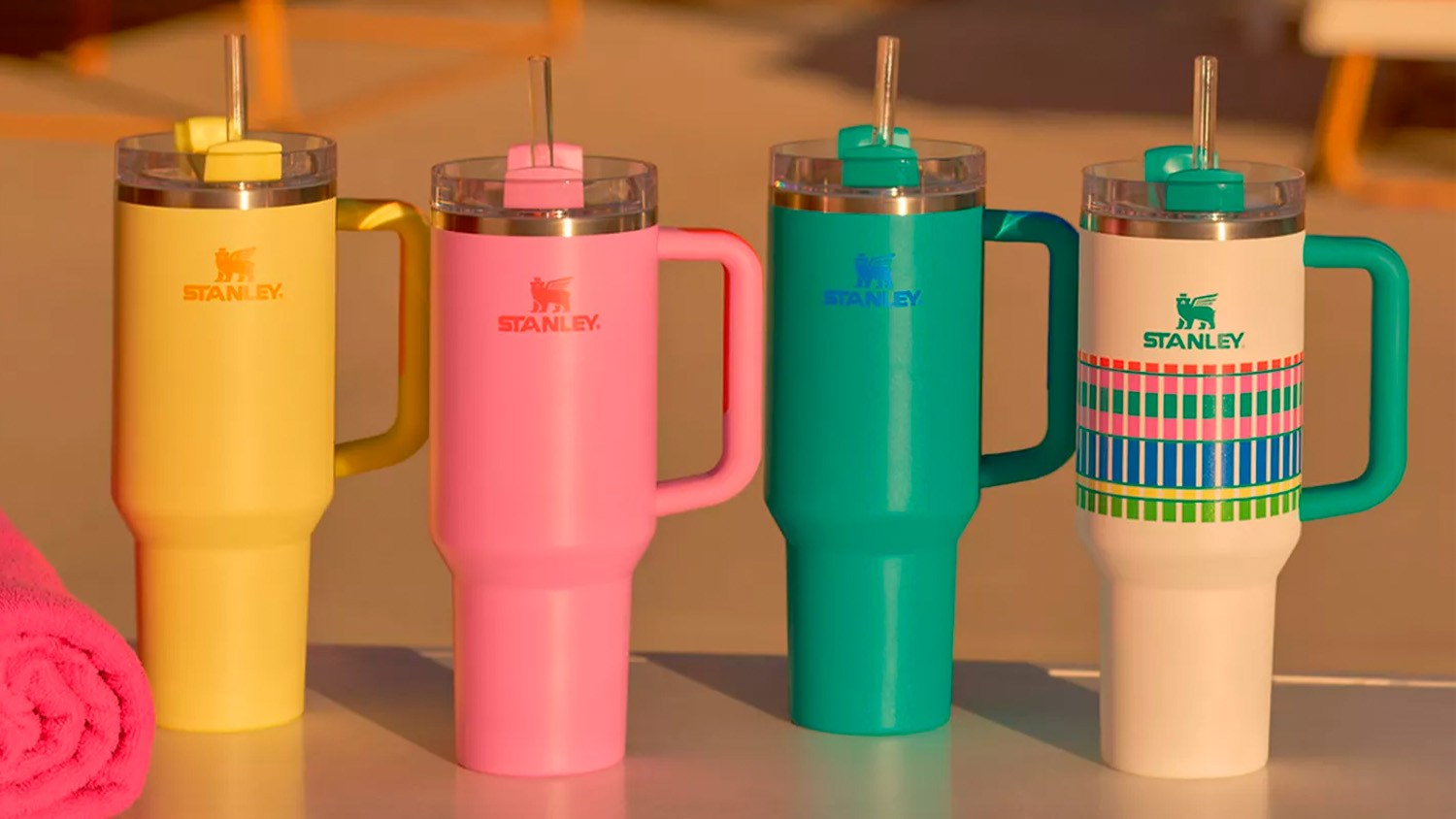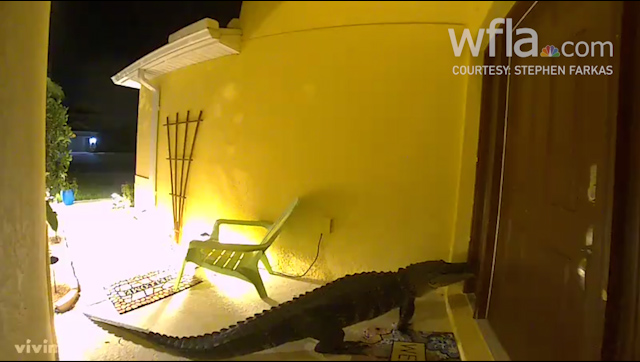Foster children in Hillsborough County no longer live a gas station parking lot like they did when 8 On Your Side started investigating in January, but they still sleep in offices.
That’s just one of the challenges still facing Eckerd Connects, the private agency paid millions by taxpayers to manage Hillsborough foster care.
“We haven’t solved problems completely. We still have kids spending the night in the office whether because they won’t want to go to their placement or we haven’t been able to find and secure a good placement for them,” said Chris Card, who is now overseeing foster care programs in Hillsborough, Pinellas and Pasco counties for Eckerd Connects.
Back in January, when 8 On Your Side first documented teenage foster kids basically living out their lives in a Tampa Wawa parking lot, Eckerd Connects managers denied knowing about the problem, even though internal emails obtained by 8 On Your Side clearly showed they did and chose not to act.
After we started asking questions Eckerd fired the subcontracting agency responsible and after our investigation hit the air, DCF started two state investigations.
Since then, top management at Eckerd has changed and the agency’s new foster care manager, Chris Card, no longer hides any of the troubles that continue to haunt the system.
“Sometimes it doesn’t work the way we want it to work and we’ve got to recognize that and deal with it straight up,” Card said.
Child advocate Robin Rosenberg, who is Deputy Director of Florida’s Children First, says Eckerd has stepped up its game considerably since January.
“They have a long way to go but they’re addressing [their issues] head on and they’re getting to the right solutions so were in the progress of getting to a better place,” Rosenberg said.
Eckerd is now working under a state-mandated corrective action plan to improve care for foster kids.
There are a number of new programs that address the needs of troubled teenagers who previously were sitting night and day in caseworkers’ cars at the gas station. Foster teens now have a larger voice in their own care.
State funding remains a challenge according to Card, but he’s counting on state lawmakers to respond to that, especially in light of all the turmoil and scandal in 2018.
“At the end of the day it takes money and resources to do some of this stuff and we’re short we’re short on money,” Card said.
Rosenberg insists it’s not just the shortage of funding anticipated for next year that’s paramount but how it will be spent. She believes there should be more focus on preventing kids from landing in foster care the first place and less on the cost of caring for them once they are in the system.
“We should be using that money and those resources to help families take care of their own children,” Rosenberg said.
“We’d have a much smaller foster care population and we’d have the resources to serve those children well if we did that.”
Card says whatever happens in 2019, it will be better than this year when foster teens were in some cases warehoused in a gas station parking lot or turned loose in the community to fend for themselves.
Card insists that’s not happening any more.
“Absolutely not,” Card said.
“No way. They won’t’ be out there unless I’m standing with them.”

